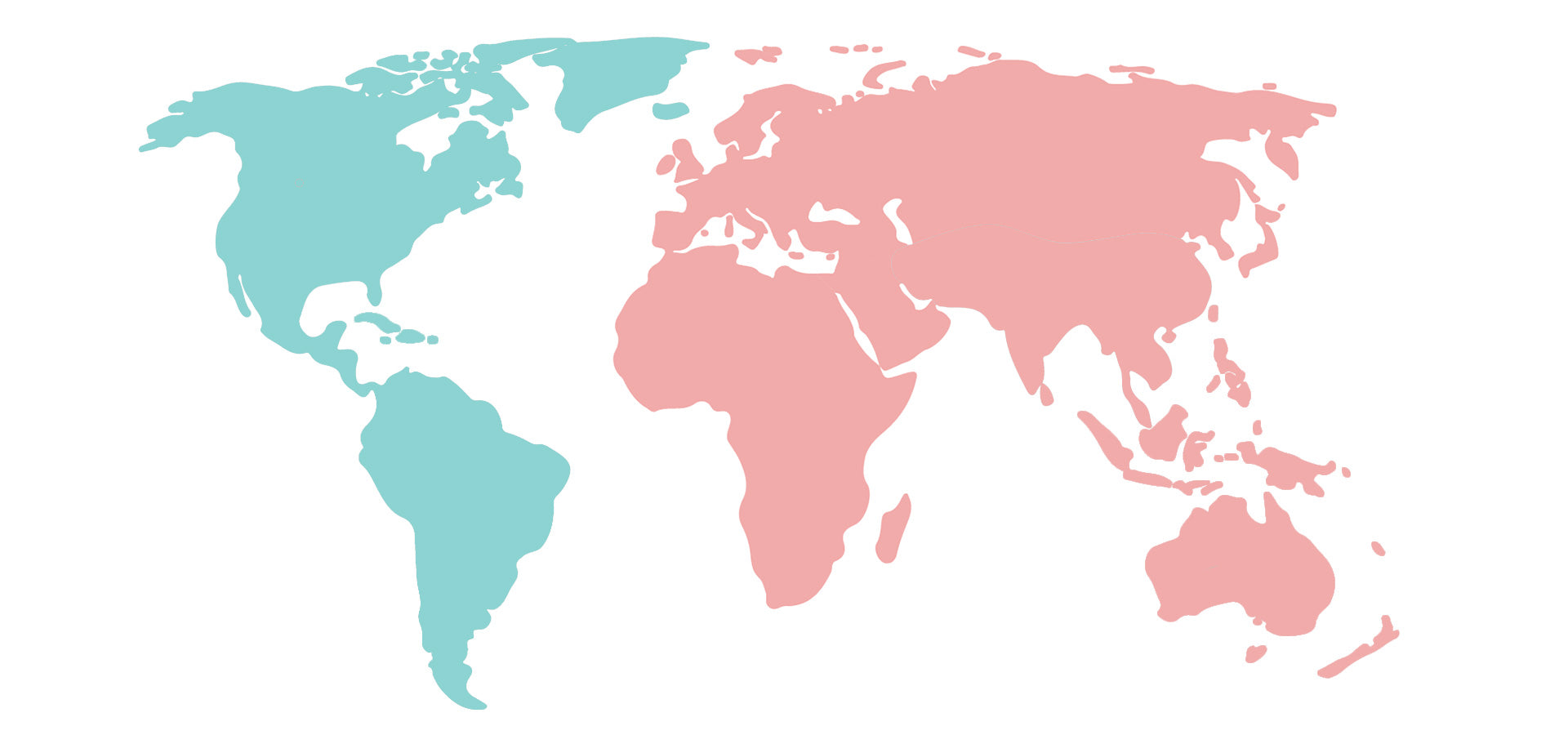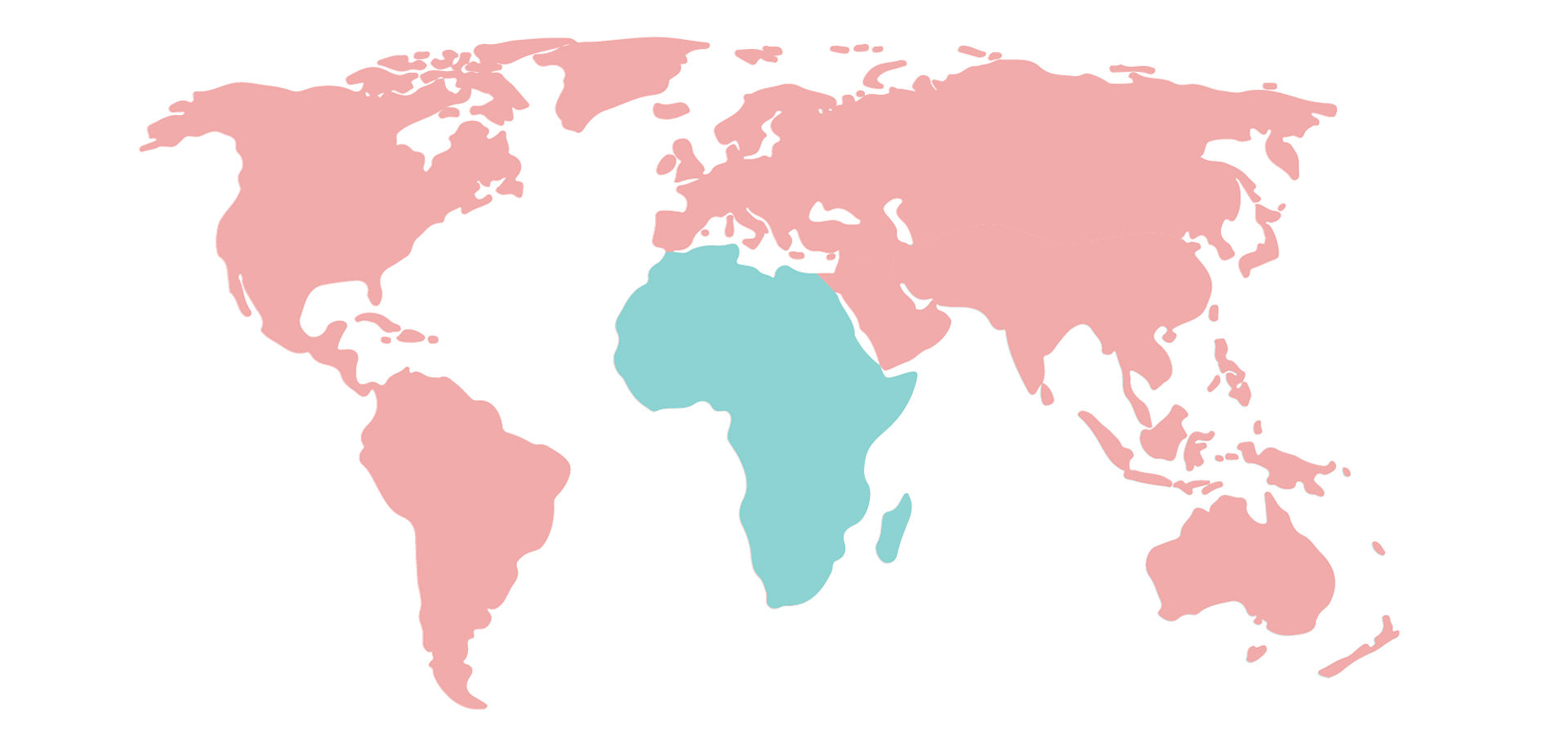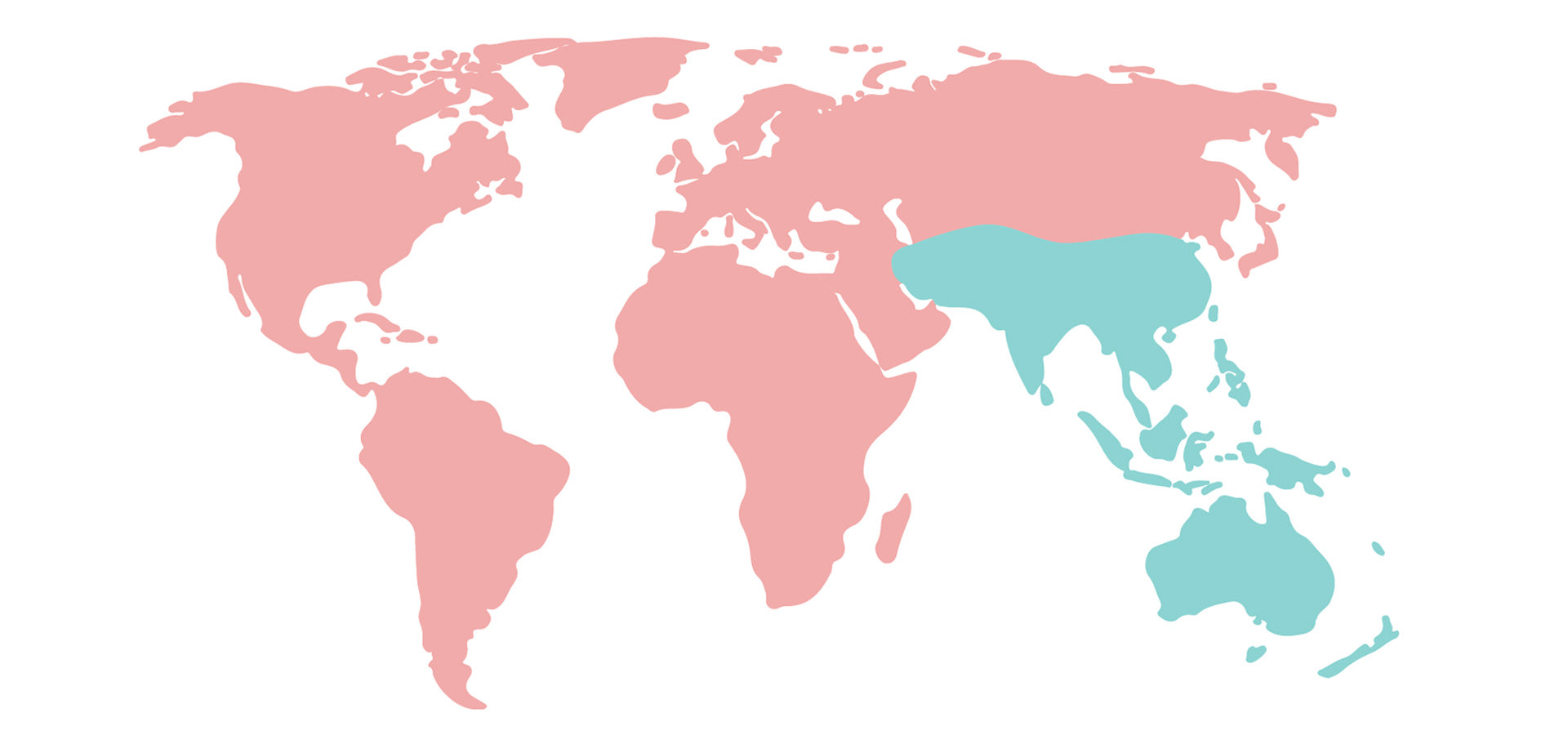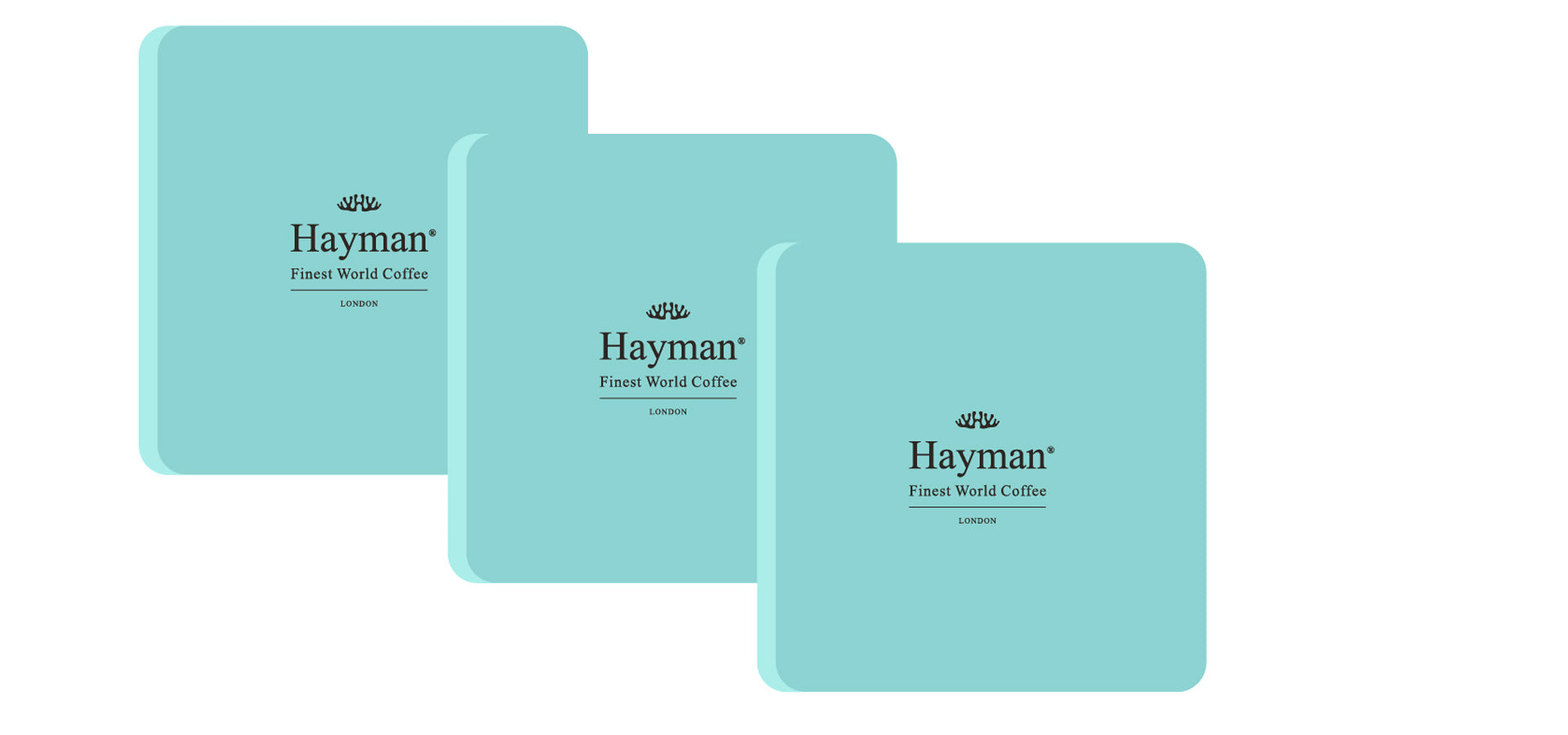Who drinks the most specialty coffee?

Coffee has long been a favorite beverage around the world, with people enjoying it for its stimulating effects and rich flavors. But not all coffee is created equal, and in recent years, there has been a growing interest in a specific segment of the coffee market: specialty coffee. This coffee category, known for its superior quality, ethical sourcing, and distinct flavor profiles, has garnered a devoted following. But who exactly are the biggest consumers of specialty coffee? In this article, we'll explore who drinks the most specialty coffee, examining demographic trends, regional preferences, and cultural influences.
Understanding Specialty Coffee
Before diving into the details of who consumes specialty coffee, it's important to define what exactly sets it apart from regular coffee. Specialty coffee is made from high-quality beans, usually Arabica, and is subject to meticulous processes from cultivation to brewing. To be classified as specialty coffee, the beans must score 80 points or above on a 100-point scale according to the Specialty Coffee Association (SCA).
Specialty coffee is often associated with a focus on sustainability, traceability, and ethical sourcing, making it appealing not only for its taste but also for its alignment with environmentally and socially responsible practices. Consumers of specialty coffee are often discerning, seeking out particular brewing methods and flavor notes, and they tend to be more engaged in the entire coffee experience—from bean origin to cup.
Demographics of Specialty Coffee Drinkers
Specialty coffee consumers tend to differ significantly from the general coffee-drinking population. Age, income, education, and lifestyle all play a role in shaping the profile of the typical specialty coffee drinker.
1) Age:
- Millennials (Ages 25-40): Millennials are the dominant age group when it comes to specialty coffee consumption. Born between 1981 and 1996, they are known for their pursuit of unique and high-quality experiences, which makes specialty coffee an appealing choice. This generation tends to value craftsmanship, sustainability, and transparency, which are key aspects of the specialty coffee industry. According to the National Coffee Association (NCA), millennials are more likely to drink coffee daily compared to other age groups, with a significant percentage gravitating toward specialty options.
- Gen Z (Ages 18-24): Following closely behind millennials are Gen Z consumers. This younger generation is still establishing its coffee habits, but early data shows they are quickly adopting specialty coffee, especially through cold brew and nitro options. Gen Z tends to be even more socially conscious than millennials, favoring products that are ethical and eco-friendly, which aligns well with specialty coffee’s emphasis on fair trade and sustainable sourcing.
2) Income and Education:
- Income: Specialty coffee tends to attract higher-income individuals. This is because specialty coffee, often sourced from small farms and roasted with care, usually commands a higher price than regular coffee. The premium price reflects the quality, ethics, and exclusivity of the product, making it more accessible to those with disposable income. Many specialty coffee drinkers are professionals with higher education levels who are willing to invest in high-quality, artisanal products.
- Education: Consumers with higher levels of education are more likely to appreciate the nuances of specialty coffee, including the process of sourcing, brewing, and tasting. This group is often more engaged in the broader culture of coffee and is curious about its origins, brewing techniques, and environmental impacts.
3) Lifestyle:
- Specialty coffee drinkers tend to lead busy, often urban lifestyles but carve out time for moments of indulgence and relaxation. Coffee is not just a quick caffeine fix for this group but an experience to be savored. They often enjoy visiting independent coffee shops and are likely to be familiar with various brewing methods like pour-over, French press, and Aeropress.
- Many specialty coffee consumers are health-conscious and view coffee as part of their wellness routine. They may seek out coffees that are organic, fair trade, or single-origin, which are frequently offered within the specialty coffee market.
Geographic Trends in Specialty Coffee Consumption
While specialty coffee has a growing global presence, consumption is not evenly spread across the world. Some countries and regions have embraced the specialty coffee movement more than others, influenced by local cultures, economic factors, and market access.
1) United States: The U.S. is one of the largest markets for specialty coffee. The third-wave coffee movement, which emphasizes high-quality beans, artisan roasting, and ethical sourcing, has taken off in major cities across the country. Cities like Seattle, Portland, San Francisco, and New York are hubs for specialty coffee culture, home to a plethora of independent coffee shops and roasters.
According to the National Coffee Association, 48% of U.S. adults drink specialty coffee beverages, which include everything from single-origin pour-overs to crafted espresso drinks. Specialty coffee drinkers in the U.S. tend to be urban, affluent, and well-educated, and there’s a growing emphasis on sustainability, with many consumers seeking out ethically sourced beans.
2) Europe: Europe, particularly Northern European countries like Sweden, Norway, and Denmark, has long been known for its coffee culture. Recently, the specialty coffee movement has gained significant traction across the continent. Scandinavian countries, in particular, have embraced the high-quality, artisan coffee trend, with a focus on lighter roasts and single-origin beans.
Cities like London, Berlin, and Copenhagen have become major centers for specialty coffee, with an increasing number of independent coffee shops, roasters, and barista competitions. In these regions, specialty coffee consumers are typically young professionals and students, who appreciate both the social and quality aspects of coffee.
Italy, traditionally known for its strong espresso culture, has been slower to adopt specialty coffee. However, there’s a growing niche of Italian coffee aficionados who are branching out from traditional espresso to explore more modern brewing techniques and single-origin beans.
3) Asia: Asia represents a rapidly growing market for specialty coffee, particularly in countries like Japan, South Korea, China, and Indonesia. Japan, with its long history of tea culture, has embraced specialty coffee with great enthusiasm. Tokyo is home to a booming specialty coffee scene, with cafés offering meticulously brewed cups using methods like siphon brewing, pour-over, and slow drip.
South Korea, especially in cities like Seoul, has also become a major player in the specialty coffee world. The country’s coffee culture has shifted from instant coffee mixes to high-quality, artisanal brews, with young consumers leading the charge. Specialty coffee shops in Seoul often serve as social hubs, and the country's highly developed digital culture has played a role in popularizing the trend through social media.
China, traditionally a tea-drinking nation, is experiencing a coffee boom, with specialty coffee shops popping up in major cities like Shanghai and Beijing. The younger, urban population is driving the shift toward specialty coffee, drawn by the prestige, lifestyle, and global trends associated with the beverage.
4) Australia and New Zealand: Australia and New Zealand are often regarded as pioneers of the specialty coffee movement. Melbourne, in particular, is famous for its coffee culture, boasting an abundance of specialty cafés that focus on everything from flat whites to single-origin pour-overs. The region’s coffee drinkers are discerning and deeply knowledgeable, often preferring local roasters and sustainable practices. Specialty coffee is woven into the social fabric of Australia and New Zealand, and the barista profession is held in high regard.
Cultural Factors Influencing Specialty Coffee Consumption
Cultural trends also play a significant role in shaping who drinks the most specialty coffee. Certain cultural shifts, especially in urban areas, have aligned closely with the specialty coffee movement.
1) Social Media Influence: Platforms like Instagram have elevated the aesthetic and cultural appeal of specialty coffee. Coffee shops with beautiful interiors, latte art, and unique brewing techniques often become popular spots for social media sharing. This trend has contributed to a culture where specialty coffee is seen not just as a beverage but as a lifestyle choice. The visual appeal of specialty coffee, combined with its ethical and artisanal aspects, has attracted a younger, tech-savvy demographic that values experiences and sharing them online.
2) Health and Wellness: The growing emphasis on health and wellness has also influenced the rise of specialty coffee. Many consumers are drawn to the perceived health benefits of higher-quality coffee, which is often marketed as being free from pesticides, chemicals, and additives. Additionally, the rise of alternative milks like almond, oat, and soy has found a natural pairing with specialty coffee, appealing to health-conscious consumers who are looking for dairy-free options.
3) Artisan and Craft Movements: The broader cultural trend toward artisanal and handcrafted products has significantly impacted specialty coffee's popularity. As consumers seek out high-quality, ethically produced goods, specialty coffee fits naturally into the growing desire for craft experiences, from handmade goods to farm-to-table dining.
Conclusion
Specialty coffee is enjoyed by a diverse group of people, but it is particularly popular among millennials, urban professionals, and socially conscious consumers who value quality, sustainability, and experience. Its consumption is highest in regions with well-established coffee cultures, such as the United States, Northern Europe, and parts of Asia, where the artisanal and ethical aspects of specialty coffee align with broader cultural trends. Whether you're sipping a single-origin pour-over in a Tokyo café or enjoying a flat white in Melbourne, specialty coffee offers a premium experience that resonates with a growing global audience. As the demand for quality coffee continues to rise, it’s clear that specialty coffee isn’t just a trend—it's becoming a significant part of modern coffee culture.
Hayman is a specialty coffee roaster and a proud member of the Specialty Coffee Association for almost a decade. At Hayman’s online coffee store, you will find a big variety of the most wonderful specialty coffees. All of these delicious coffees are available as whole bean, ground coffee, and as coffee pods/capsules – click here to order now, we are offering free worldwide shipping!










